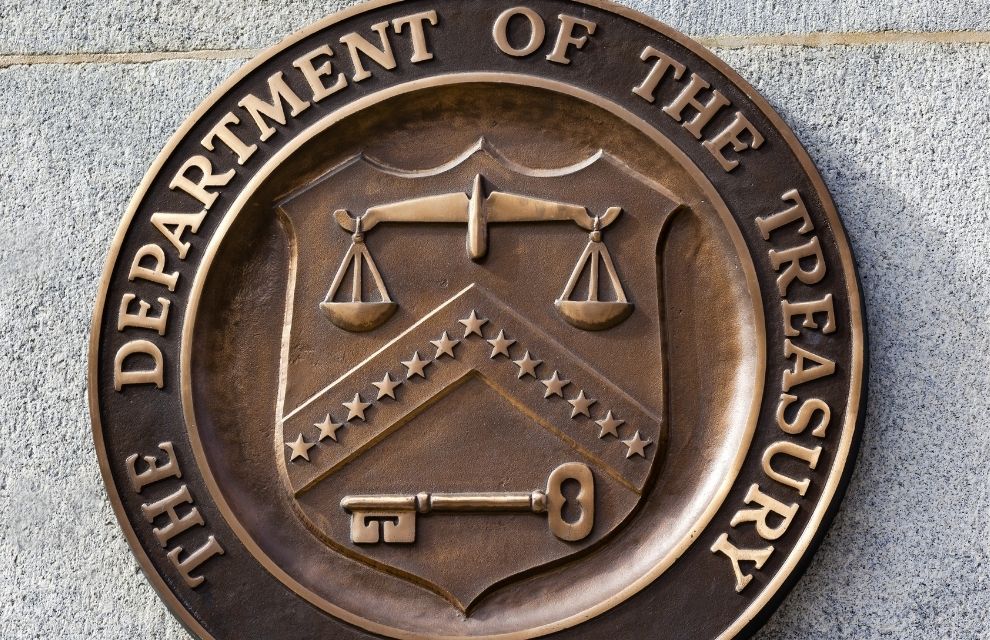The US Department of the Treasury has issued proposed rules to implement technical changes, including the participation of captives, to the Terrorism Risk Insurance Program (TRIP) required by the Terrorism Risk Insurance Program Reauthorization Act of 2019.
The proposed rules include clarification on how the treasury will calculate property and casualty insurance losses for purposes of considering certification of an act of terrorism and insured losses when administering the financial sharing mechanisms under the programme.
The proposal said this would include the programme trigger and programme cap; and incorporate into the programme rules prior guidance provided by the treasury in connection with stand-alone cyber insurance under the programme.
The treasury is also seeking further public comment concerning the certification process under the programme, and the participation of captive insurers in the programme, to facilitate further analysis and study by the Federal Insurance Office (FIO) of the programme and potential future rulemakings in these areas.
It noted that comments must be in writing and encourage early submission. The deadline is by 11 January 2021.
Background
After the 9/11 terrorist attacks in New York in 2001, the majority of businesses could not purchase insurance protection for future terrorist attacks as the attack on New York cost an estimated $40 billion.
TRIP, a federal law was enacted and signed into law by President George W. Bush on 26 November 2002. TRIP provides for a transparent system of shared public and private compensation for insured losses resulting from acts of terrorism.
The act has been extended four times, most recently in December 2019, the House of Representatives voted to approve the Further Consolidated Appropriations Act, 2020, which included the 2019 Reauthorization Act. President Donald Trump signed the bill into law.
It is scheduled to expire on 31 December 2027.


